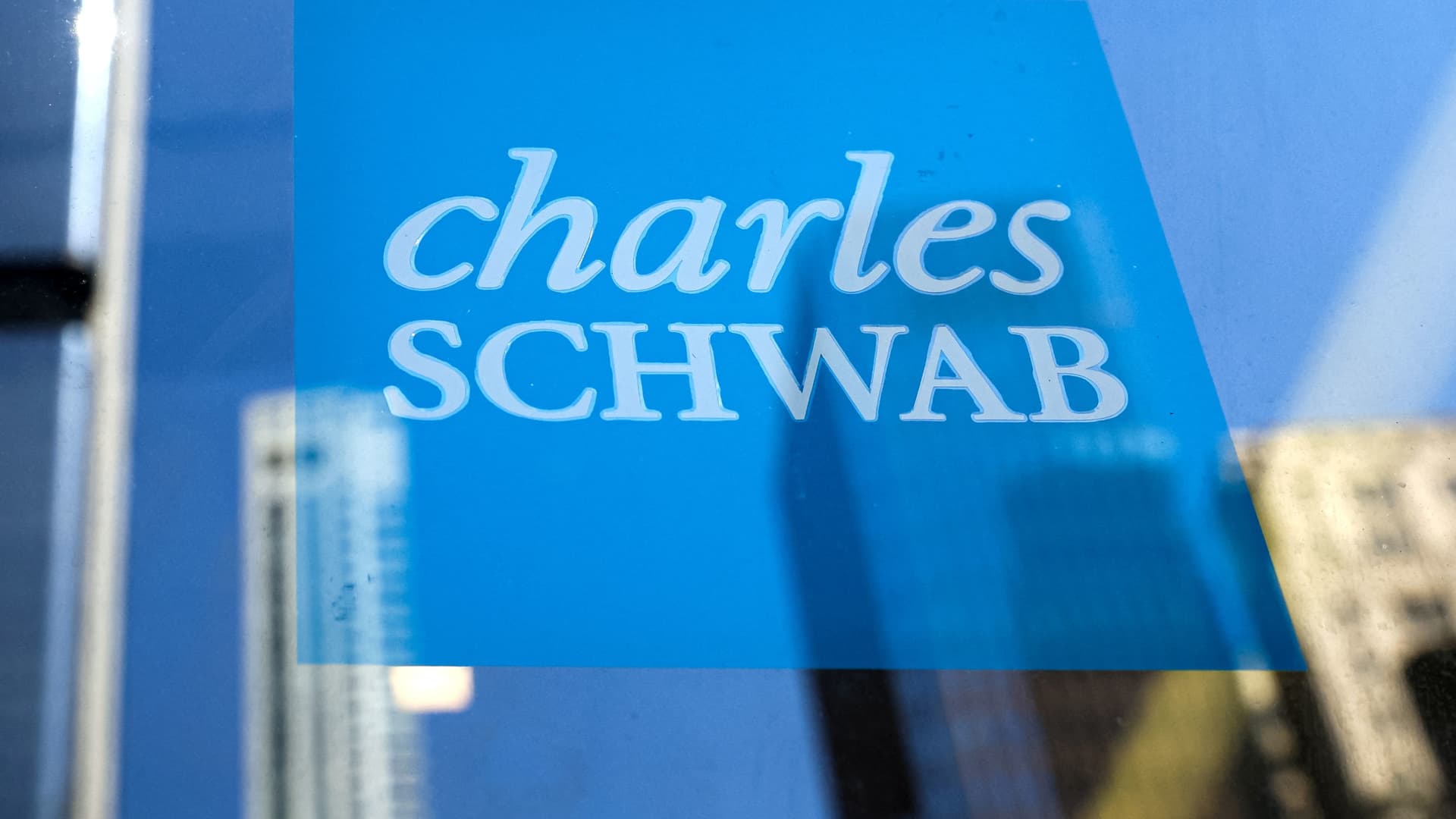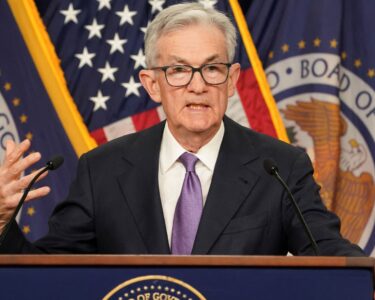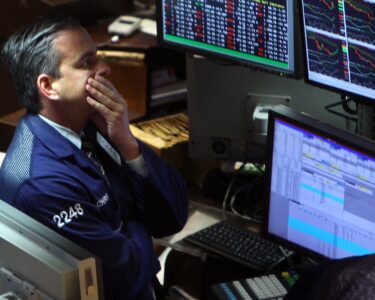[ad_1]
Charles Schwab Corp. is the largest publicly traded brokerage business in the United States with $7.5 trillion of client assets, and is a leading service provider for financial advisors, among the top exchange-traded fund asset managers and one of the biggest banks.
“It would be fair to characterize Charles Schwab as a financial services supermarket,” Michael Wong, director of North American equity research and financial services at Morningstar, told CNBC. “Anything that you want, you can find in Charles Schwab’s platform.”
Over the decades, Charles Schwab helped usher in a low-cost investing revolution while surviving market crashes and fierce competition — even when the game was taken up a notch to zero-fee commissions in 2019.
“Inherently, this is a scale business. The larger you are, the more efficient you are from an expense perspective,” Alex Fitch, portfolio manager for the Oakmark Select Fund and the Oakmark Equity and Income Fund, which invests in Charles Schwab, told CNBC. “It enables you to cut prices.”
Various facets of Charles Schwab’s business compete against many legacy full-service brokers and investment bankers, including Fidelity, Edward Jones, Interactive Brokers, Stifel, JPMorgan, Morgan Stanley and UBS. And, it has to battle in the financial tech market against companies like Robinhood, Ally Financial and SoFi.
The melee reached a turning point in 2019 when Charles Schwab announced it was slashing commissions for stock, ETF and options trades to zero, matching the fees offered by Robinhood when it entered the market in 2014.
Quickly, other companies followed suit and cut fees, which damaged TD Ameritrade’s business enough that Charles Schwab ended up acquiring it in a $26 billion all-stock deal less two months later.
Charles Schwab was among the firms that benefited from the growth of retail investing during the coronavirus pandemic, and it’s now facing the consequences of Federal Reserve’s aggressive interest rate hikes.
That’s because of Charles Schwab’s huge banking business that generates revenue from sweep accounts, which are when the firm uses money leftover in investors’ portfolios and reinvests it in securities, like government bonds, to help turn a profit.
Charles Schwab told CNBC it was unable to participate in this documentary.
Watch the video above to learn more about how Charles Schwab battled the ever-evolving financial services market – from fees to fintech – and how the reward doesn’t come without the risk.
[ad_2]
Source link





